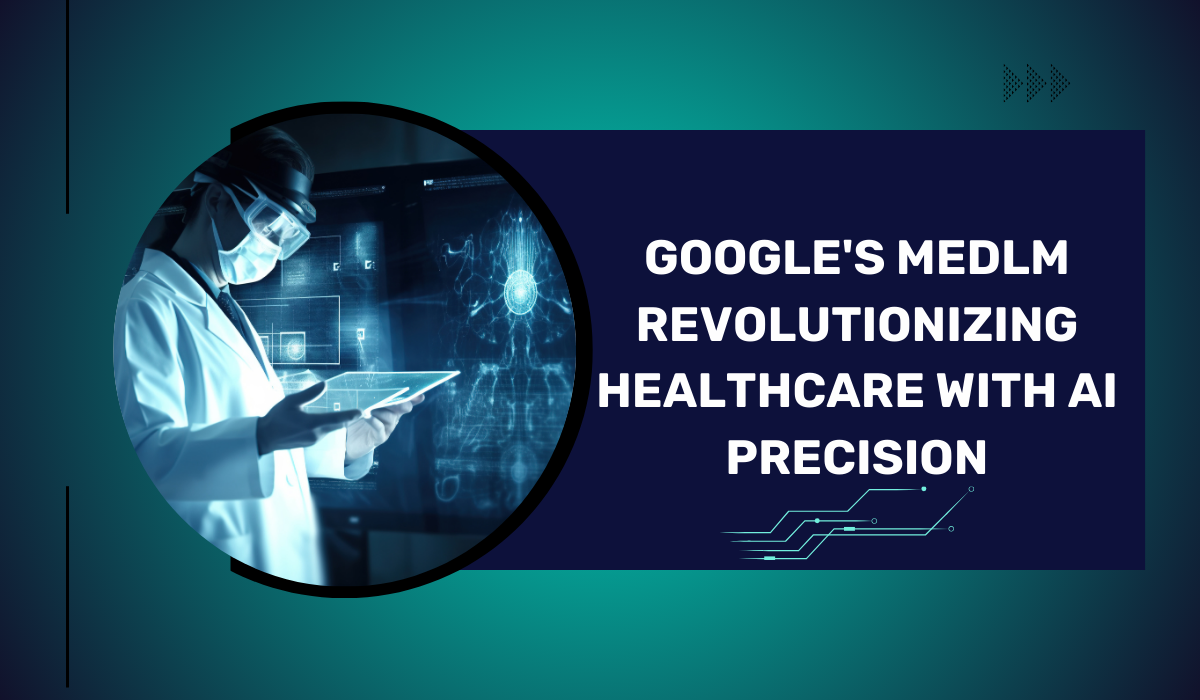
In a bid to further integrate generative AI models into healthcare tasks, Google has introduced MedLM, a family of models specifically fine-tuned for medical industries. The technology is an extension of Med-PaLM 2, a Google-developed model that exhibits an "expert level" performance on numerous medical exam questions. MedLM is currently accessible to Google Cloud customers in the U.S., with a preview available in select global markets for those whitelisted through Vertex AI, Google's fully managed AI development platform.
MedLM comprises two distinct models catering to different needs. The larger model is designed for intricate tasks, while the smaller, fine-tunable model is better suited for scaling across various healthcare activities. Yossi Matias, VP of Engineering and Research at Google, explained that the effectiveness of a model depends on the use case, citing examples like conversation summarization and medication searches requiring different models.
Several organizations, including for-profit facility operator HCA Healthcare and BenchSci, have participated in pilot programs using MedLM. HCA Healthcare has integrated the models with physicians to assist in drafting patient notes at emergency department hospital sites, while BenchSci has incorporated MedLM into its "evidence engine" for identifying, classifying, and ranking novel biomarkers.
Google is in a race against rivals Microsoft and Amazon to dominate the lucrative healthcare AI market, projected to be worth tens of billions of dollars by 2032. Amazon recently launched AWS HealthScribe, employing generative AI for transcribing, summarizing, and analyzing patient-doctor conversations, while Microsoft is testing AI-powered healthcare products, including medical "assistant" apps supported by large language models.
However, the history of AI in healthcare raises concerns. Babylon Health, an AI startup backed by the UK's National Health Service, faced scrutiny for overstated claims about its disease-diagnosing tech outperforming doctors. IBM also had to sell its AI-focused Watson Health division at a loss due to technical issues damaging customer partnerships.
While Google's MedLM family represents a more sophisticated generation of generative models, studies suggest their accuracy in answering healthcare-related questions, even basic ones, is questionable. The World Health Organization (WHO) has warned about the risks associated with using generative AI in healthcare, highlighting the potential for harmful wrong answers, disinformation propagation, and the inadvertent leakage of sensitive health data.
Despite these challenges, Google remains steadfast in its commitment to responsible deployment. Matias emphasized Google's focus on enabling professionals with the safe and responsible use of generative AI technology in healthcare. The company asserts its dedication to advancing healthcare while ensuring these benefits are accessible to everyone, acknowledging the need for caution in adopting new technologies in the healthcare sector.